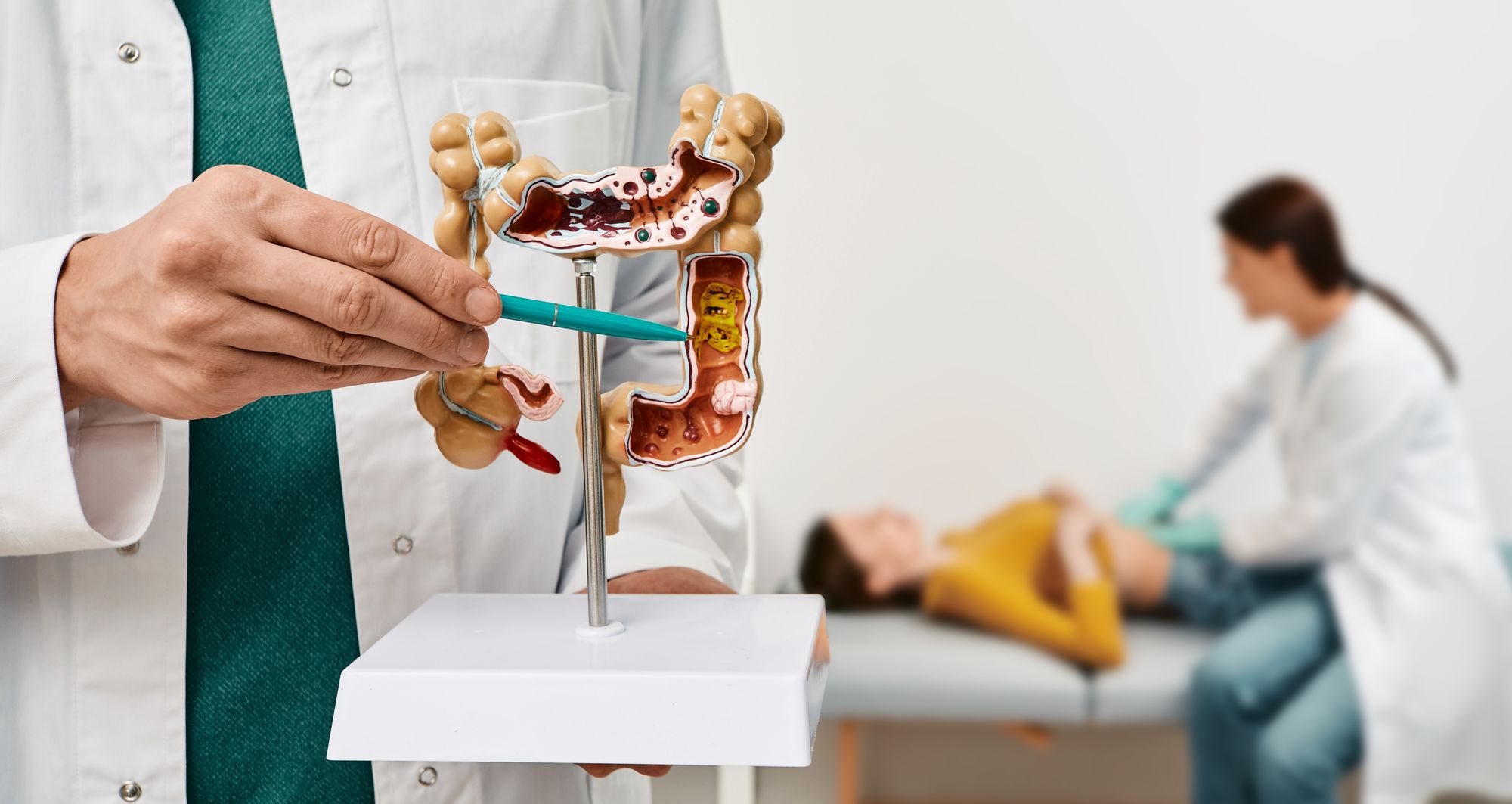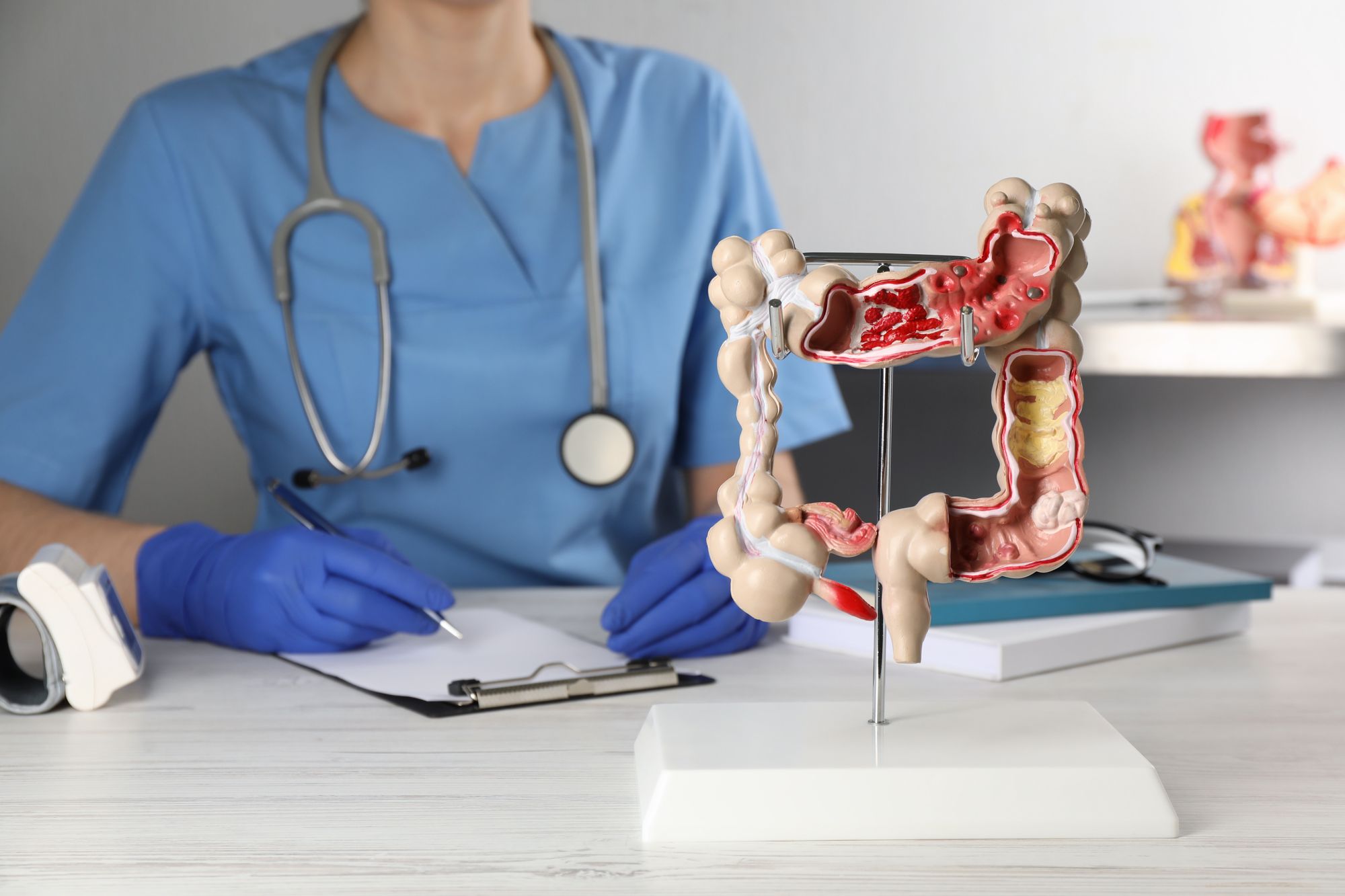Colon cancer is the fourth most common cancer in both men and women, and is still the second leading cause of death in the United States, despite advancements in cancer prevention and treatment, according to the Centers for Disease Control and Prevention. While some cases are due to non-modifiable factors such as family history, the majority are believed to be linked to lifestyle choices like smoking, lack of exercise, and a poor diet, as per the UTSouthwestern Medical Center. Colon cancer diagnoses are often random or sporadic, without a known cause.
There are several risk factors for sporadic colon cancer, including inflammatory bowel disease, high-fat and low-fiber diets, smoking, physical inactivity, obesity, and type 2 diabetes. However, symptoms of colon cancer may not appear until the later stages, and the prevalence of colon cancer is rising among those under 50 years old.
On a positive note, it is estimated that up to 90% of colorectal cancers and deaths are preventable through regular colorectal cancer screenings, exercise, and maintaining a healthy weight, according to the University of California San Francisco. By incorporating these healthy lifestyle choices, individuals can reduce their risk of colon cancer and work towards better overall health.
1) Understanding Colon Cancer: What You Need to Know

Colon cancer is the third most commonly diagnosed cancer in the United States, according to Misagh Karimi, M.D., a medical oncologist specializing in gastrointestinal cancers. The majority of colorectal cancers begin as growths known as polyps in the colon or rectum's smooth inner lining. Unlike many other cancers, colon cancer can be influenced by lifestyle factors such as diet and exercise. A diet rich in vegetables, fruits, and whole grains and low in animal fat has been associated with a lower risk of colon cancer. Quitting smoking, reducing alcohol intake, and engaging in regular exercise may also help decrease the risk.
Additionally, the majority of individuals with colorectal cancer, approximately 70%, do not have inherited conditions that increase their risk. Therefore, for most people, adopting a healthy lifestyle and undergoing recommended screenings are the most effective ways to reduce their risk. It's essential to follow screening recommendations, and even those in their 40s should begin thinking about them. The American Cancer Society recommends that individuals of average risk begin regular screening at age 45 and have follow-up colonoscopies every 1-3 years, depending on their risk and the findings of their initial test. Overall, early detection and risk reduction are essential for better outcomes.
2) Colon Cancer Rates Increasing Among Adults Under 50

According to Dr. Karimi, there has been a significant shift in colon cancer trends in recent years. While cases are decreasing in individuals 65 and older, they have been increasing among the younger population in adults 50 years of age and younger. In fact, one in five colorectal cancer diagnoses are in people ages 20 to 54. Studies show that for people born in the 1990s, the risk of colorectal cancer is double that of people born in the 1950s, and the death rate is also higher, likely due to diet and lack of exercise.
Dr. Karimi emphasizes the importance of exercise in an individual's overall health, as more time exercising and less time sitting can impact the risk of colorectal cancer. Half of the patients diagnosed in the younger demographic are overweight. As a medical oncologist, Dr. Karimi advises his patients to eat nutritious foods and get daily exercise, even if it's just 10 minutes a day. Small changes can make a big difference. The best way to stop cancer is to prevent it in the first place, and the sooner you make healthy choices, the greater the potential benefits.
3) Misconceptions About Colon Cancer

Dr. Karimi points out that there are some common misconceptions about colon cancer. Firstly, many people think that this disease only affects older men, which is not true. Colorectal cancer can affect people of any age and gender. Secondly, people may assume that they do not need to be screened if they do not have symptoms. However, symptoms of colon cancer often do not appear until later stages, and the cancer can develop for years without any noticeable signs. Therefore, it is important to be aware of any family medical history and to inform a doctor if any unusual symptoms occur. Screening tests can help detect the cause of symptoms and prevent further development of the disease.
4) Recognizing Signs of Colon Cancer

Dr. Karimi stresses the importance of recognizing warning signs of colon cancer that should never be ignored and require notifying a doctor immediately. These signs include a change in bowel habits that lasts for a prolonged period, rectal bleeding or blood in the stool, abdominal pain, cramping, weakness or fatigue, bloating, unintended weight loss, and nausea and vomiting.
If diagnosed with colon cancer, it is crucial to consult with a specialist in the field who can provide the latest insights into treatment options. A colorectal cancer specialist with knowledge of the latest advances in research and treatment can help you fully understand your options so you can make the best possible decisions.
5) The Importance of Early Colon Cancer Screening to Prevent Progression

Dr. Karimi highlights the importance of colon cancer screenings, stating that polyps containing cancer cells can remain in the colon wall for extended periods without any symptoms. He emphasizes that screening is crucial in catching colon cancer early, increasing the chances of successful treatment. City of Hope Orange County offers a range of diagnostic tools, including colonoscopies, stool DNA testing, and genetic screening.
Although colon cancer is highly curable when detected early, many individuals skip lifesaving screenings due to fear of the bowel preparation, the test itself, or the results. Dr. Karimi urges people not to let their anxiety prevent them from getting screened. He explains that a colonoscopy is a painless exam performed under sedation, taking less than 30 minutes. The benefits of colon cancer screening cannot be overstated, and research confirms that it saves lives.

